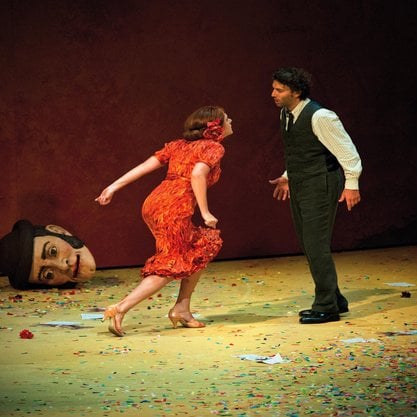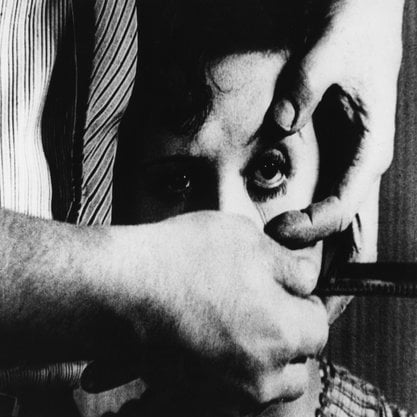Article
Shinpa By Jortner, David
Article
Shinpa, the shortened version of the Japanese word shinpageki, or new school drama, was an early Japanese attempt at reforming the theater along modernist lines. The plays featured flamboyant kabuki performance styles and modern realistic dialog; they were a mélange of plays from domestic dramas, to documentary theater to the early Japanese adaptations of Shakespeare.
Shinpa dramas were generally based on stories of contemporary domestic life instead of historical dramas. Its plays often exploited the traditional kabuki devices of social obligations conflicting with love or other emotions (giri vs. ninjō). Initially, plays were composed by company actors and modified during performance runs. Many shinpa playwrights were essentially adapters who took serialized fiction novels and rewrote them for the stage. Shinpa also staged adaptations of Western drama including works of Shakespeare, Maeterlinck, and Sardou. These plays were often heavily adapted attempts at interweaving classical Japanese performance forms with Western texts. Other authors focused on the creation of gendaigeki [contemporary plays], which were about domestic problems among Japan’s growing middle class.


